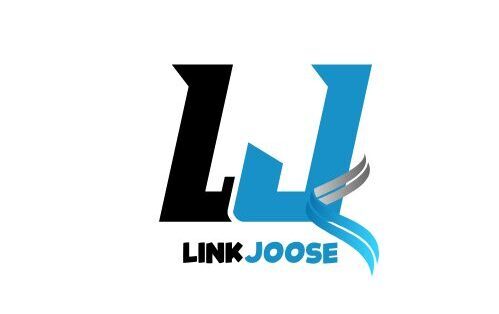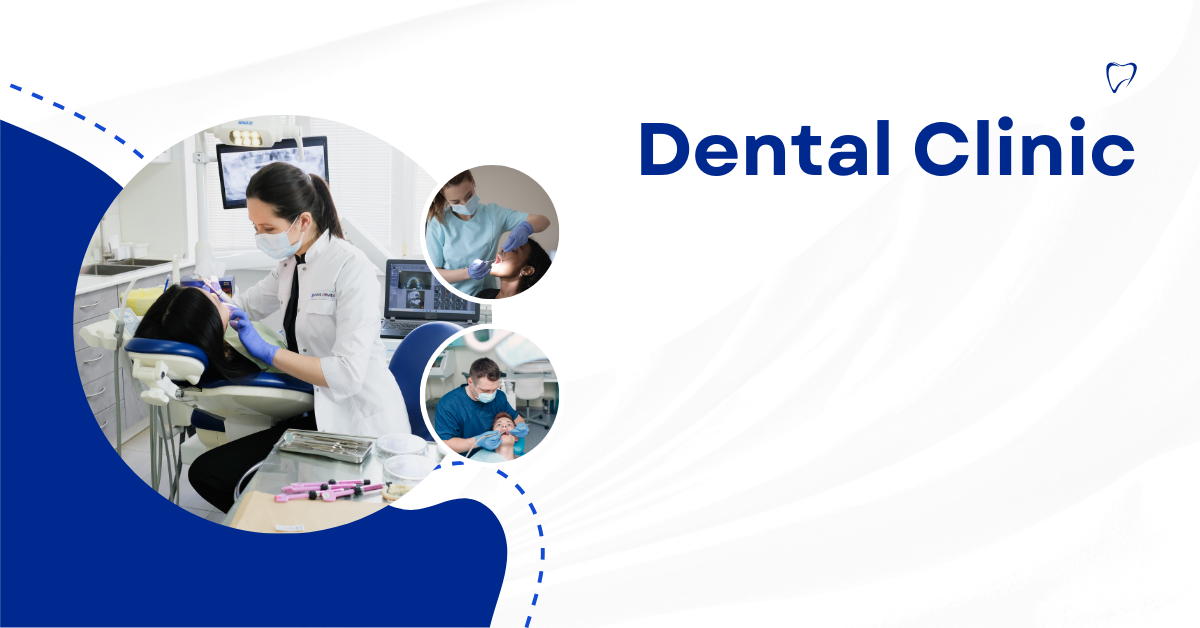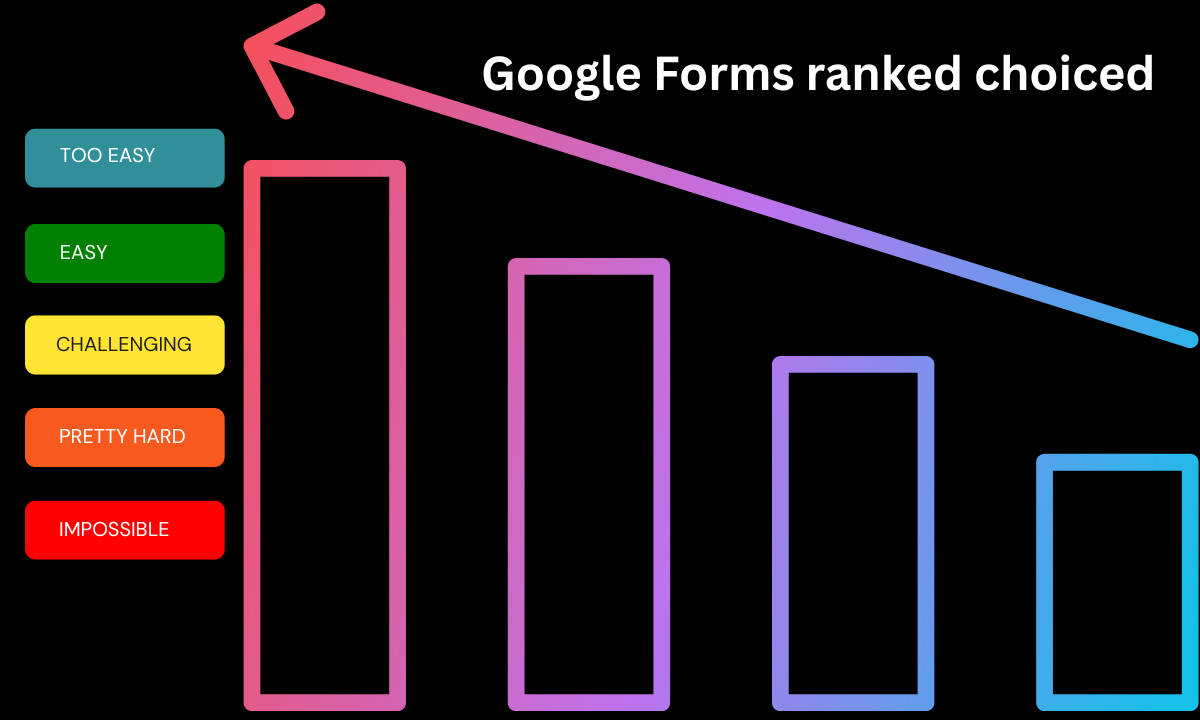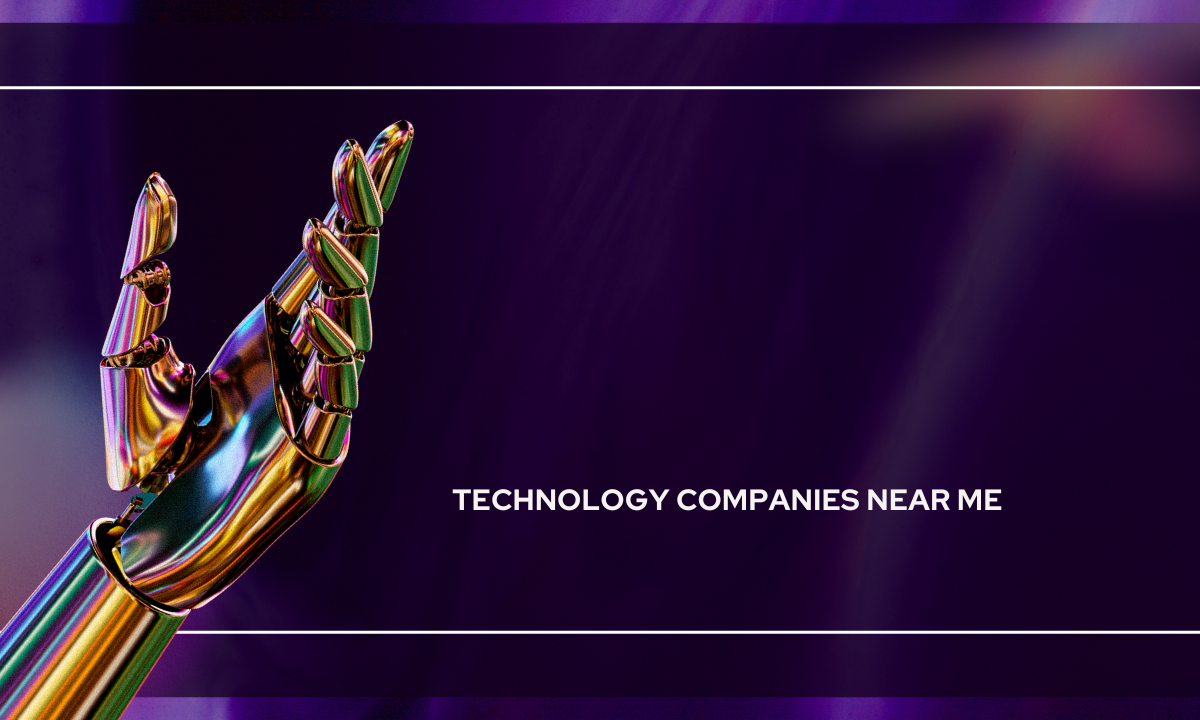BS Dental Technology
The field of BS dental technology is rapidly evolving, offering innovative solutions for oral health problems. Among the various academic programs available in this domain, a Bachelor of Science BS Dental Technology stands out as a unique and specialized course designed to equip students with the knowledge and skills required to thrive in this industry. This comprehensive program is the cornerstone for those aspiring to build a rewarding career in the dental healthcare sector.
What is BS Dental Technology?
BS Dental Technology is an undergraduate program that focuses on the scientific and technical aspects of dentistry. It is designed to train students in the art and science of creating dental prostheses, orthodontic appliances, and other restorative devices. The program emphasizes hands-on experience, technical expertise, and a strong foundation in dental anatomy, materials science, and computer-aided design (CAD) technologies.
Students enrolled in this program gain a deep understanding of dental laboratory procedures, biomaterials, and advanced digital workflows that are revolutionizing the field. By the end of the course, graduates are well-prepared to work alongside dentists, orthodontists, and other dental professionals to improve patient outcomes.
Core Subjects and Curriculum
The curriculum of a BS Dental Technology program is typically structured to provide a balance between theoretical knowledge and practical skills. Here are some of the core subjects covered in the program:
- Dental Anatomy and Physiology:
- Understanding the structure and function of teeth, gums, and oral tissues.
- Learning about occlusion, tooth morphology, and dental pathologies.
- Dental Materials Science:
- Study of materials used in dental restorations, such as ceramics, metals, and polymers.
- Evaluating the properties of biomaterials and their applications.
- Prosthodontics:
- Techniques for designing and fabricating fixed and removable dental prostheses.
- Principles of full-mouth rehabilitation.
- Orthodontic Technology:
- Creating orthodontic appliances, including braces and retainers.
- Understanding malocclusion and methods for corrective treatment.
- Computer-Aided Design and Manufacturing (CAD/CAM):
- Introduction to digital technologies for designing dental restorations.
- Hands-on experience with software and 3D printing technologies.
- Microbiology and Infection Control:
- Ensuring sterilization and hygiene in dental laboratory settings.
- Preventing cross-contamination and maintaining a safe work environment.
- Dental Laboratory Management:
- Managing workflows, resources, and staff in a dental lab.
- Quality assurance and regulatory compliance.
Skills Acquired During the Program
A BS Dental Technology equips students with a unique skill set that combines artistic creativity, scientific knowledge, and technical precision. Here are some of the key skills developed:
- Attention to Detail: Crafting precise dental appliances requires meticulous attention to detail to ensure a perfect fit and functionality.
- Manual Dexterity: The ability to work with small tools and materials is essential for creating intricate dental devices.
- Problem-Solving: Analyzing dental cases and developing customized solutions for patients.
- Technological Proficiency: Mastering advanced software and equipment, including CAD/CAM systems and 3D printers.
- Communication: Collaborating effectively with dentists, patients, and other healthcare professionals.
Career Opportunities in BS Dental Technology
Graduates of BS Dental Technology have a wide range of career opportunities in both clinical and non-clinical settings. Some of the most popular career paths include:
- Dental Laboratory Technician:
- Specializing in creating crowns, bridges, dentures, and implants.
- Working in private dental labs or hospital settings.
- Orthodontic Appliance Technician:
- Fabricating braces, retainers, and other orthodontic devices.
- Collaborating closely with orthodontists to ensure accurate results.
- CAD/CAM Specialist:
- Utilizing digital technologies for designing and manufacturing dental restorations.
- Providing technical support and training to dental professionals.
- Research and Development:
- Contributing to advancements in dental materials and technologies.
- Working with academic institutions, dental product manufacturers, or research labs.
- Entrepreneurship:
- Establishing and managing a private dental laboratory.
- Offering specialized services in niche areas such as cosmetic dentistry.
Importance of BS Dental Technology in Modern Dentistry
The role of BS dental technology has become increasingly important in modern dentistry. With the advent of digital workflows and minimally invasive procedures, the demand for skilled professionals who can bridge the gap between traditional craftsmanship and cutting-edge technology is higher than ever. A BS Dental Technology program provides the necessary training to meet these demands and ensures that graduates are at the forefront of the industry.
One of the most significant contributions of dental technologists is their ability to customize solutions for individual patients. Whether it’s creating a perfectly aligned set of braces or designing an aesthetically pleasing set of veneers, the expertise of a dental technologist directly impacts the quality of life for patients. Furthermore, advancements in CAD/CAM technologies have streamlined the manufacturing process, making it faster, more accurate, and cost-effective.
Challenges and Opportunities
Like any specialized field, dental technology comes with its own set of challenges. One of the primary obstacles is keeping up with rapid technological advancements. Professionals must continuously update their skills to remain competitive in the job market. This requires a commitment to lifelong learning and professional development.
On the flip side, the field offers numerous opportunities for innovation and growth. The integration of artificial intelligence, robotics, and regenerative medicine into dental technology is opening new frontiers. For instance, AI-driven diagnostics can enhance treatment planning, while 3D bioprinting holds promise for creating living tissues and organs.
Admission Requirements and Program Duration
Admission requirements for a BS Dental Technology program vary by institution but typically include:
- A high school diploma or equivalent with a strong background in science subjects such as biology, chemistry, and physics.
- Entrance exams or interviews to assess aptitude and interest in the field.
The program usually spans three to four years, depending on the educational system and curriculum structure. Some universities also offer internships or clinical placements as part of the program, providing valuable real-world experience.
Accreditation and Certification
Accreditation is a critical factor when choosing a BS Dental Technology program. Accredited programs meet the standards set by professional organizations, ensuring quality education and training. Graduates may also need to obtain certification or licensure to practice in certain regions. Certification bodies like the National Board for Certification in Dental Laboratory Technology (NBC) in the United States offer credentials that validate a professional’s expertise.
Global Perspectives
The demand for dental technologists is not limited to a single region or country. Countries with advanced healthcare systems, such as the United States, Canada, Australia, and parts of Europe, offer excellent career prospects. Emerging markets in Asia, the Middle East, and Africa are also experiencing a surge in demand as awareness about oral health and access to dental care increases.
The Role of Continuing Education
Continuing education plays a vital role in the career growth of dental technologists. As new technologies and materials are introduced, professionals must stay updated to maintain their competitive edge. Workshops, seminars, and advanced certifications provide opportunities for skill enhancement and specialization.
Future Trends in Dental Technology
The future of dental technology is bright, with several trends shaping the industry. Digital dentistry, for instance, is becoming the norm, replacing traditional methods with faster and more efficient processes. The use of virtual reality (VR) and augmented reality (AR) in training and simulation is another emerging trend, providing students with immersive learning experiences.
Biomimetics, the study and imitation of natural biological processes, is influencing the development of materials that mimic the properties of natural teeth. This approach aims to create restorations that are not only functional but also indistinguishable from natural dentition.
Moreover, the field is seeing a shift toward sustainable practices. Eco-friendly materials and processes are gaining traction, aligning with global efforts to reduce environmental impact. Dental technologists are now exploring ways to minimize waste and energy consumption in labs.
Interdisciplinary Collaboration
The interdisciplinary nature of dental technology fosters collaboration with other fields, such as biomedical engineering, materials science, and computer science. This synergy is driving innovation and leading to breakthroughs that benefit patients and practitioners alike. For instance, the development of smart dental materials that release fluoride or other therapeutic agents over time is a direct result of such collaborations.
Contribution to Public Health
Dental technologists also play a role in public health initiatives, particularly in underserved communities. By providing affordable and accessible dental appliances, they contribute to improving oral health outcomes for populations that might otherwise lack access to care. Educational campaigns and outreach programs further amplify their impact, raising awareness about the importance of oral hygiene and preventive care.
Role of Professional Organizations
Professional organizations in BS dental technology provide a platform for networking, skill development, and advocacy. They host conferences, publish research, and set standards for practice. Membership in such organizations can enhance a technologist’s credibility and open doors to new opportunities.
FAQs About BS Dental Technology
General Questions
Q1: What is BS Dental Technology? A Bachelor of Science in BS Dental Technology is an undergraduate degree that focuses on the creation of dental prostheses, orthodontic devices, and other oral healthcare solutions. It is a multidisciplinary program combining elements of biology, material science, and digital technology.
Q2: Who is eligible to apply for a BS in Dental Technology? Candidates with a high school diploma and a strong foundation in science subjects like biology, chemistry, and physics are eligible to apply. Some universities may also require entrance exams or personal interviews.
Q3: Is this program suitable for someone without prior dental experience? Yes, the program is designed to start with foundational knowledge, making it suitable for beginners who are passionate about entering the dental healthcare field.
Q4: How does a BS in Dental Technology differ from a Bachelor of Dental Surgery (BDS)? While BDS focuses on diagnosing and treating oral health conditions directly as a dentist, BS Dental Technology is centered around creating the tools and devices dentists use, such as crowns, dentures, and braces.
Q5: What are the core subjects taught in this program? The curriculum typically includes dental anatomy, materials science, prosthodontics, orthodontics, CAD/CAM technology, microbiology, and infection control, among other subjects.
Career and Job Market
Q6: What career opportunities are available after completing this degree? Graduates can pursue careers as dental laboratory technicians, orthodontic appliance designers, CAD/CAM specialists, researchers, or even entrepreneurs managing their own dental labs.
Q7: What is the average salary for professionals in this field? Salaries vary depending on the location and specialization. Entry-level positions may start at a modest range, but experienced professionals and specialists can earn significantly higher incomes.
Q8: Is there a demand for dental technologists worldwide? Yes, dental technologists are in high demand globally, particularly in countries with advanced healthcare systems. Emerging economies are also seeing increased demand due to growing awareness of oral healthcare.
Q9: Can I work abroad after completing a BS Dental Technology? Yes, but some countries may require additional certifications or licensure. It’s advisable to research the specific requirements of the country where you plan to work.
Q10: What are the entrepreneurial opportunities in this field? Many graduates establish their own dental laboratories, specializing in areas like cosmetic dentistry, orthodontics, or digital dental solutions.
Academic and Technical Aspects
Q11: How long does the program take to complete? The program typically takes three to four years, depending on the educational system and university structure.
Q12: Are internships a part of the curriculum? Most programs include internships or clinical placements to provide hands-on experience and industry exposure.
Q13: How important is CAD/CAM technology in this field? CAD/CAM technology is pivotal, as it enhances precision and efficiency in creating dental restorations and prostheses. Mastery of this technology is often a key component of the program.
Q14: What skills are essential for success in this program? Key skills include attention to detail, manual dexterity, problem-solving abilities, technological proficiency, and effective communication.
Q15: Are there opportunities for specialization? Yes, students can specialize in areas such as prosthodontics, orthodontics, maxillofacial technology, or digital dentistry.
Future Prospects and Trends
Q16: What does the future hold for the dental technology field? The future is bright, with trends like digital dentistry, AI integration, biomimetics, and 3D bioprinting shaping the industry. Sustainable practices and eco-friendly materials are also gaining traction.
Q17: Are there research opportunities in BS dental technology? Yes, graduates can contribute to research in dental materials, digital workflows, or regenerative techniques, collaborating with academic institutions and industry leaders.
Q18: How does this field contribute to public health? Dental technologists play a crucial role in public health by providing affordable, high-quality dental devices and supporting initiatives to improve oral healthcare access.
Q19: Do professional organizations play a role in career development? Absolutely. Organizations provide networking opportunities, skill development resources, and advocacy. Membership can enhance credibility and open doors to advanced career opportunities.
Q20: Is continuing education necessary in this field? Yes, as dental technology evolves rapidly, staying updated through workshops, certifications, and advanced training is essential for career growth.
Conclusion
The BS Dental Technology is more than just an academic degree; it’s a gateway to a fulfilling career that blends artistry, science, and technology. By mastering the skills to create dental prostheses and appliances, professionals in this field make a direct impact on improving patients’ quality of life.
This program provides a strong foundation in the principles of dental science while fostering innovative thinking through exposure to the latest technologies. From CAD/CAM systems to 3D printing and biomaterials, students graduate with a toolkit equipped for modern dental challenges.
Graduates have the opportunity to work in diverse environments, from high-tech laboratories to research institutions and private practices. For those with an entrepreneurial spirit, opening a dental lab offers a chance to combine creativity with business acumen.
Moreover, dental technologists play a pivotal role in public health by supporting underserved communities and contributing to global oral healthcare improvements. As the field evolves, professionals can look forward to being at the forefront of innovations that redefine the boundaries of what’s possible in dental care.
Pursuing a BS Dental Technology is not merely a career choice but a commitment to advancing oral health and embracing a field that is both technically challenging and deeply rewarding. With endless opportunities for growth and innovation, it’s a journey worth embarking on for those passionate about making a difference in dental healthcare.












